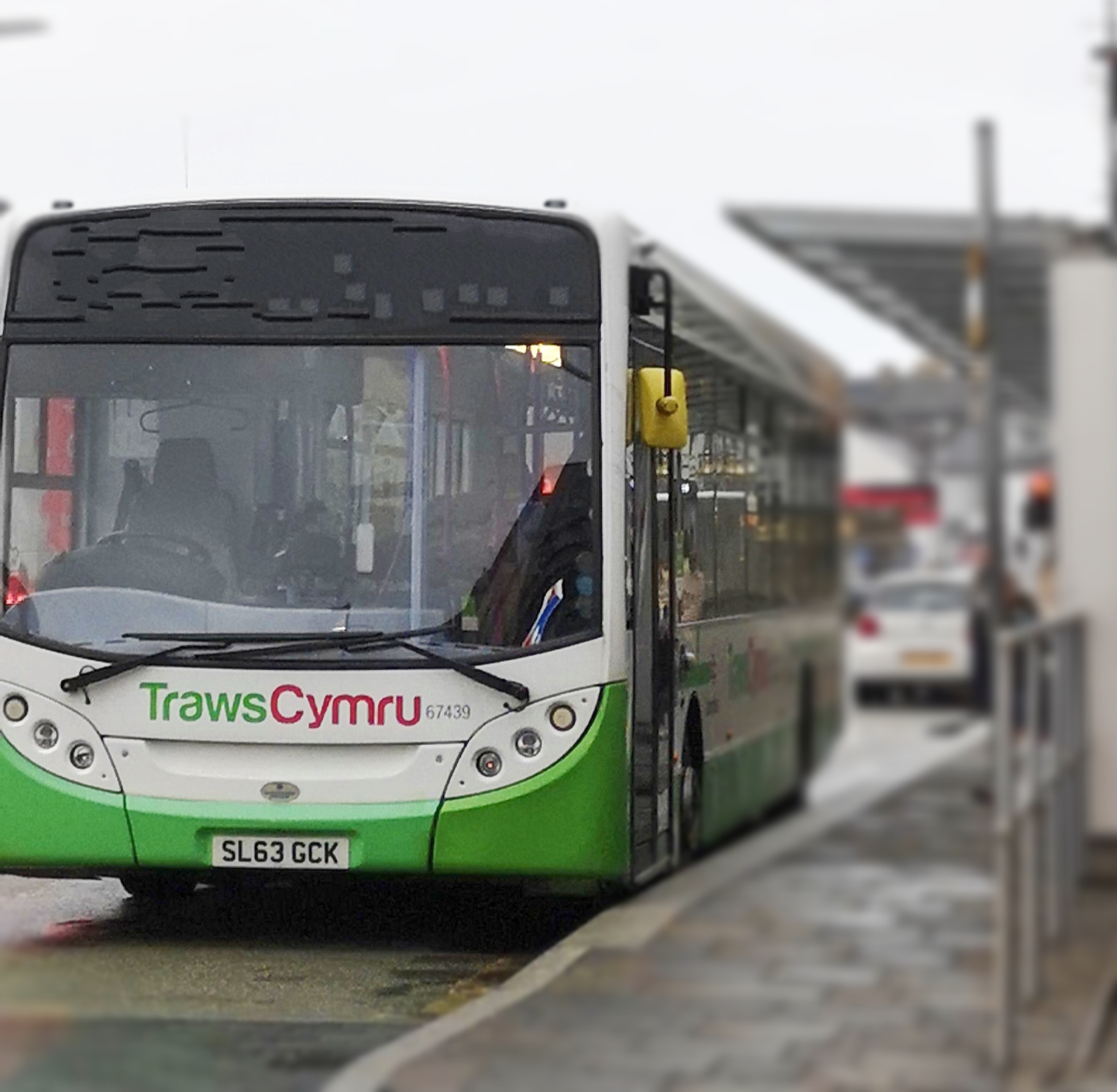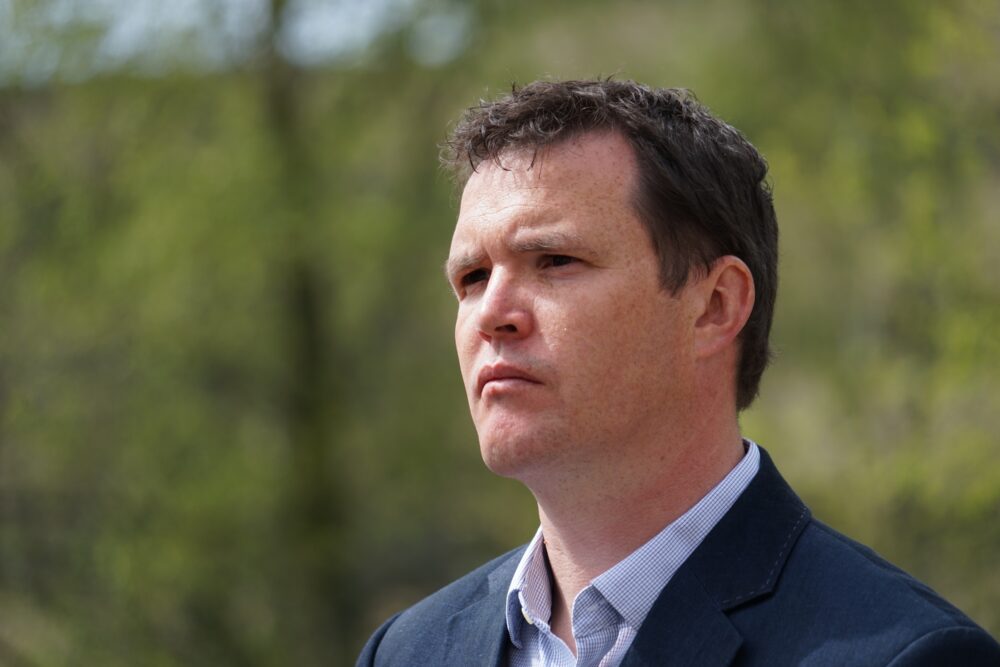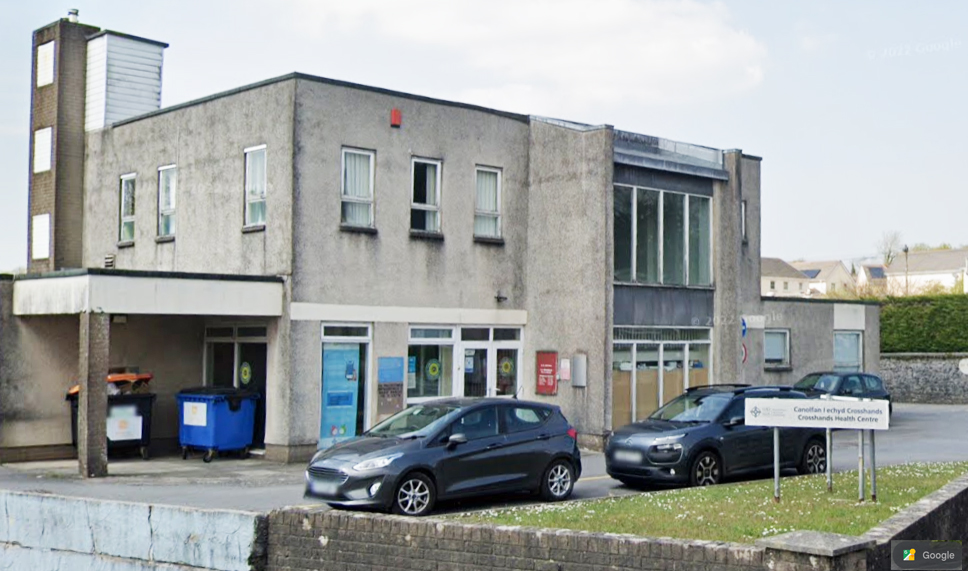Public transport in Wales is in a bad place and it looks set to get worse according to politicians at the Senedd. Deputy Minister for Climate Change Lee Waters MS answering questions at the Plenary of February 15th summarised the position by saying: “We have a privatised bus system, as I’ve explained on many occasions, which is a legacy of Conservative privatisation in the 1980s, and we are living with the reality of that now, and it has failed; the business model has failed, there is market failure here, and we’re going to see cuts and a disappearing of vital public services.”
Delyth Jewell MS asked what assurances the Deputy Minister could provide that the transition away from bus emergency scheme funding will not lead to the closure of bus routes and render rural bus services unviable.
Lee Waters MS Deputy Minister for Climate Change said that an initial extension of three months gives the industry the stability it needs in the short term while Welsh Government continue to work together with the industry and local government on planning bus networks that better suit the new travel patterns seen since the end of the pandemic.
Delyth Jewell urged the Deputy Minister to look at providing certainty of funding for public transport if Welsh Govwenment want to encourage people to use cars less, to make sure that there are viable bus and train networks there available for them.
 Mr Waters said that the issue that was ‘concerning us greatly’. He said: “Clearly, this is not a happy situation. We have a privatised bus network, which relies on commercial operators being able to make a profit. Clearly, the pandemic has turned that business model on its head and it was our intervention, with £150 million of public investment, that kept the sector from going under. It was always meant to be an emergency scheme; it was meant to be temporary. We do spend, every year, £60 million subsidising concessionary fares for older people, we spend a further £2 million subsidising the mytravelpass scheme for 16 to 21-year-olds, plus we provide £25 million of grant to local authorities for the bus services support grant, plus school transport now accounts for about a quarter of local authority education budgets. So, we’re putting a lot of public money in, and on top of that, we’ve had the bus emergency scheme.”
Mr Waters said that the issue that was ‘concerning us greatly’. He said: “Clearly, this is not a happy situation. We have a privatised bus network, which relies on commercial operators being able to make a profit. Clearly, the pandemic has turned that business model on its head and it was our intervention, with £150 million of public investment, that kept the sector from going under. It was always meant to be an emergency scheme; it was meant to be temporary. We do spend, every year, £60 million subsidising concessionary fares for older people, we spend a further £2 million subsidising the mytravelpass scheme for 16 to 21-year-olds, plus we provide £25 million of grant to local authorities for the bus services support grant, plus school transport now accounts for about a quarter of local authority education budgets. So, we’re putting a lot of public money in, and on top of that, we’ve had the bus emergency scheme.”
Mr Waters said that Welsh Government had not seen any additional money coming from the Treasury and the Department for Transport that would produce any consequentials for Welsh Government to put further funding in this year. Mr Waters said that he would desperately like to find the money but options were limited. He said he would make a plea to the UK Government, to put extra money into the transport budget at the UK level.
Natasha Asghar MS questioned what criteria had to be met for certain bus routes to run. She asked: “What support is going to be put into place to help Wales’s bus services, and what actions will you be taking so that our rural communities and members who live there don’t feel neglected and isolated going forward?” She reminded the Deputy Minister that he had unveiled the roads review and transport planing which he placed a lot of emphasis on public transport and wanted to create an ‘excellent travel option, wherever people need it, whenever people need it, throughout Wales’.
She said: “On the one hand, the Welsh Government wants to have more people use more buses and get out of their cars, but on the other hand, you’re stripping away a much-needed cash lifeline. It just doesn’t add up to me, Deputy Minister. It’s already a nightmare to catch a bus in Wales, so this decision is only going to make things worse if funding is not provided. Do you agree, Deputy Minister, that axing this funding going forward completely flies in the face of your Government’s policies? And, what alternative help will your Government be providing to bus operators in Wales from June 2023, going forward?”
Lee Waters MS blamed the Conservatives again saying: “We have a privatised bus system, as I’ve explained on many occasions, which is a legacy of Conservative privatisation in the 1980s, and we are living with the reality of that now, and it has failed; the business model has failed, there is market failure here, and we’re going to see cuts and a disappearing of vital public services. We’ve been able to find some additional funding this year to extend the scheme temporarily, but the money simply is not in the budget to be able to continue that into the future. I wish it was; it is not, I’m afraid. And I just can’t get away from that reality, much as I would like to.”
Mr Waters conceded that it was ‘a pretty grim situation’ and options were limited.
Please donate here: Support Carmarthenshire News Online Thank you for supporting independent journalism and contributing to the future of local news in Carmarthenshire. Carmarthenshire News Online has been dedicated to providing unbiased and trustworthy news, free from commercial or political influence. By donating as little as £1, you can help ensure the continuation of this important source of information for the community. Your contribution will have a significant impact on the sustainability of independent journalism. If you're looking to enhance your brand's visibility, we also offer advertising opportunities on our Livestream and podcasts. Our special offers provide excellent value for reaching our engaged audience. To learn more about these opportunities and to discuss your advertising needs, please feel free to call or text us at 07308598604. Thank you again for your support, and together we can ensure the availability of quality local news for Carmarthenshire and beyond.
Please donate here: Support Carmarthenshire News Online








